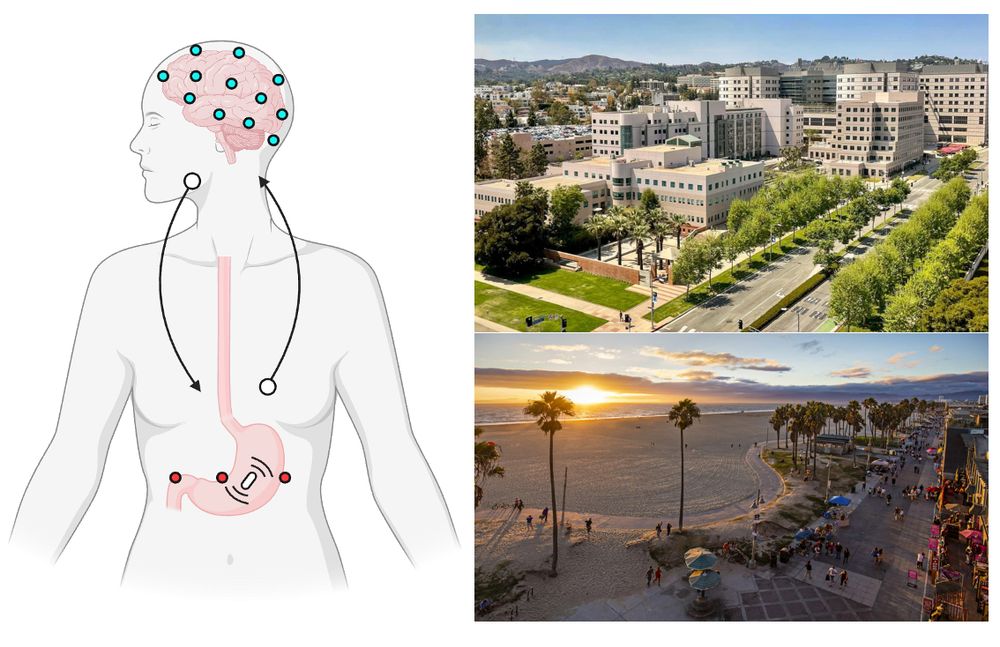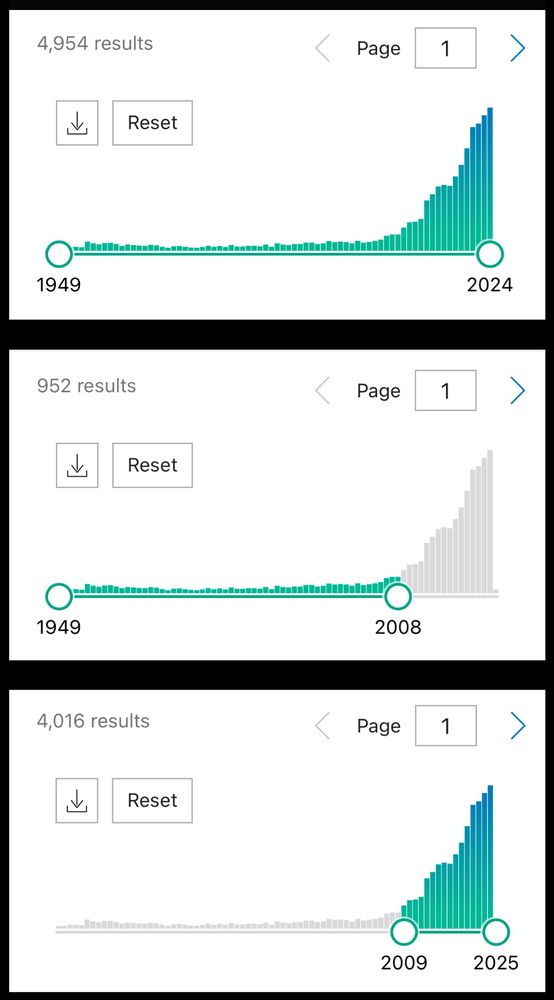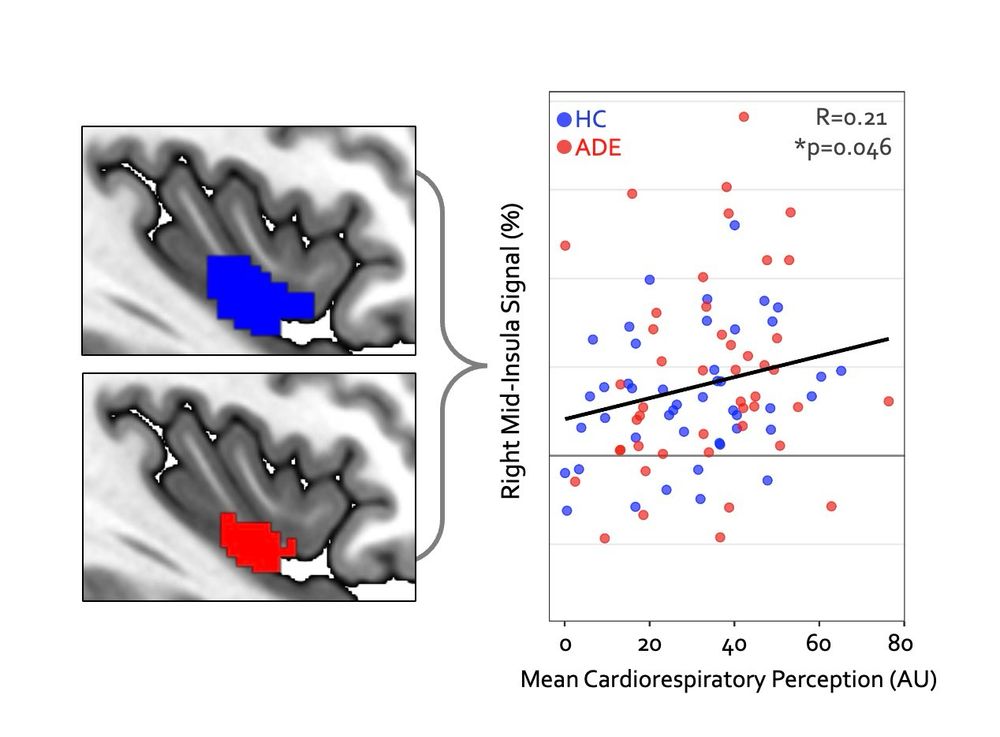


AN individuals missed more gut signals despite intact brain/body responses. ❌
Computational models showed biased expectations & reduced precision 🧠
Capsule stimulation also triggered greater hunger increases in AN 🍽

AN individuals missed more gut signals despite intact brain/body responses. ❌
Computational models showed biased expectations & reduced precision 🧠
Capsule stimulation also triggered greater hunger increases in AN 🍽




External organizers and Commentary co-authors:
Lin Chang @christophthaiss.bsky.social @zknight.bsky.social 🙏🙏

External organizers and Commentary co-authors:
Lin Chang @christophthaiss.bsky.social @zknight.bsky.social 🙏🙏
⚡Noninvasive neuromodulation
🧠Neural interfaces in gut & brain
🧬Microbiome-based diagnostics and therapeutics
⏳Real-time measures of vagal & spinal activity
These tools could personalize treatment for obesity and DGBI.

⚡Noninvasive neuromodulation
🧠Neural interfaces in gut & brain
🧬Microbiome-based diagnostics and therapeutics
⏳Real-time measures of vagal & spinal activity
These tools could personalize treatment for obesity and DGBI.

psychiatryonline.org/doi/10.1176/...

psychiatryonline.org/doi/10.1176/...












